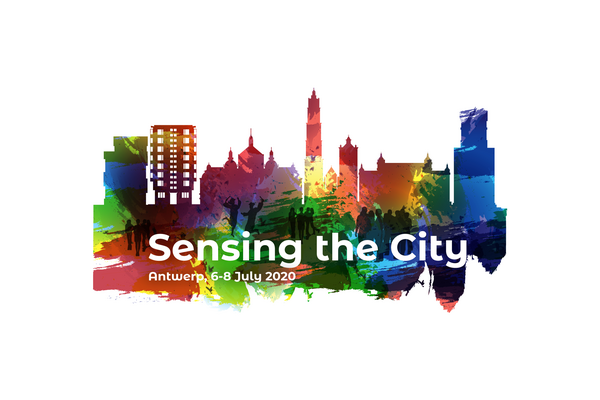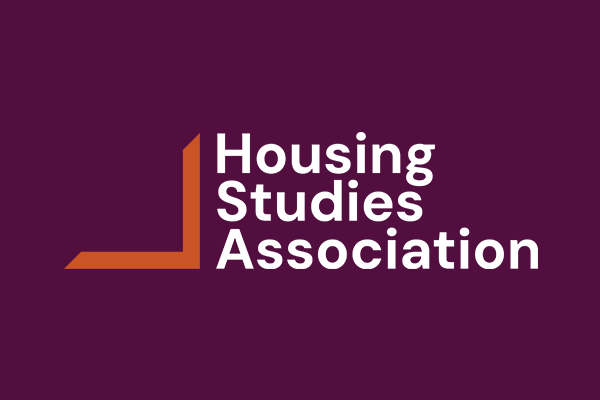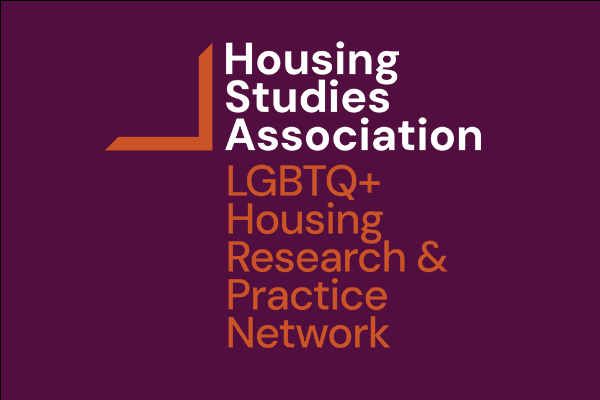Andrew Clarke (University of Queensland), Daniel Kudla (Memorial University) and Lutfun Nahar Lata (University of Queensland) are coordinating a session at this year's RC21 Conference, Sensing the City, which takes place from 6-8 July in Antwerp, Belgium. Their session is titled 'Governing Urban Marginality' and they are currently looking for papers.
This paper presentation session examines contemporary forms and dynamics of the governance of urban marginality from a global perspective. For many urban scholars, the 21st century has seen the deepening of the ‘punitive turn’ in urban governance that began in the 1990s. This work highlights the tendency of urban authorities and elites to brand marginalised groups—such as the homeless, drug users, street vendors, migrants, slum-dwellers or minority groups—as irresponsible, antisocial and/or dangerous, and to subject them to forms of discipline and control that serve to deepen their marginalisation. Such ideas have been advanced in a range of influential theories of contemporary urbanism, including Neil Smith’s ‘revanchist city’, Don Mitchell’s ‘post-justice city’, Mike Davis’ ‘punitive city’ and Wacquant’s ‘centaur state’. In each case, the punitive turn is linked to the neoliberalisation of urban spaces, imaginaries and governing institutions, and the concomitant pressure on the city-cum-enterprise to revitalise itself and improve its competitive standing in the global economy. The view is that local and regional governments, private industry, and not-for-profit organisations have formed an urban governance model that enacts top-down spatial tactics which manage the visibility of marginalsied groups and inhibit their ability to occupy, experience and sense cities.
Such ideas have been incredibly influential, and have engendered a wealth of valuable scholarship into the governance of marginality in both the Global North and South. However, they have also been challenged by various scholars who claim that the emphasis on neoliberalism and its punitive consequences has obscured the existence of a more varied, ambiguous, and complex geography of urban marginality, support and control. Urban scholars such as Geoff DeVerteuil, Andrew Williams, Stacey Murphy, Jon May, Paul Cloke, and David Featherstone, among others, have started to rethink all-encompassing conceptualisations of neoliberalism's punitive tendencies by highlighting new and persistent forms of ‘care’ that operate alongside punitive practices in the governance of marginalised groups. Such practices range from the provision of sustenance, sanctuary and moral support (e.g. soup kitchens, community spaces), to more fundamental efforts to end the marginalisation of certain groups (e.g. through the provision of stable housing). This has sparked a new set of empirical studies in the Global North that examine the nuanced ways marginalised groups are actually managed ‘on the ground’ in particular urban spaces. There is also growing awareness of social service workers and non-profit organisations resisting and modifying top-down neoliberal imperatives. Simply put, more emphasis has been placed on the bottom-up practices that complicate or exceed processes of neoliberalistion in order to understand how urban governance and social control is experienced and reproduced. However, to our knowledge, there are few studies in the Global South that have employed the ‘care’ logic to explore the role of social service workers, non-profit organisations or other actors resisting or mutating the neoliberal governance approach. Thus, this session also provides an opportunity for Global South scholars to contribute to this debate.
In short, this session explores new trends and directions in the governance of urban marginality around the globe. We aim to foster debate regarding the extent to which governing marginality has changed from earlier conceptualisations of the ‘punitive turn’ towards more recent discussions about the varied, ambiguous, and complex geographies of urban marginality and social control. We invite submissions that address the following questions, or other issues pertinent to contemporary governance of urban marginality:
- Do ideas like the ‘punitive turn’, ‘urban revanchism’ and ‘neoliberal urbanism’ adequately explain contemporary modes of governing urban marginality? To what extent do modes of governance exist outside of these conceptualisations?
- What role do caring and supportive practices play in governing marginality, and what relationship do these have to enduring punitive practices (e.g. relationships of resistance, mutuality or complicity)?
- What role do sensory interventions play in governing marginality, and how are governmental interventions guided by sensory considerations such as the visibility/invisibility of particular marginalised populations?
- How are contemporary modes of governing marginality experienced and responded to (e.g. utilised, modified, resisted, avoided) by their target populations? What kinds of sensorial experiences do they give rise to? And how do marginalised subjects render themselves visible or invisible in response to governmental interventions?
- What consequences do contemporary modes of governing marginality have for marginalised urban dwellers? Do they continue to deepen people’s marginality or are there signs that (at least some) people’s lives are improved by them?
- What geographic variations and similarities exist in how the governance of marginality plays out (particularly between cities in the Global North and those in the Global South)?
- How do ideas, policies, practices or actors circulate between cities (both within and between nations), and how has this shaped the governance of marginality in particular cities?
Call for papers closes March 15, 2020. Click here to submit an abstract.
For more information about the conference, visit the conference website.







